Congress MP Shashi Tharoor has departed on a fortnight‑long diplomatic mission to Moscow, marking a second phase of parliamentary outreach that includes visits to the UK and potentially Greece. The initiative follows his leadership of a multi‑nation delegation intended to articulate India’s position following the April 22 Pahalgam terror attack and the subsequent Operation Sindoor.
Government sources emphasise that this mission forms part of a broader strategic push to consolidate support among India’s “all‑weather” allies and bolster the nation’s international voice. Tharoor’s schedule in Moscow—where he left last Friday—will involve high‑level engagements aimed at reinforcing India’s narrative on cross‑border terrorism.
Earlier in May, Tharoor led one of seven all‑party delegations, dispatched to capitals across the US, Latin America, Europe and beyond to explain India’s response to the terror strike. That mission covered 32 countries, including the United States, Brazil, Panama, Colombia and Guyana, and carried dossiers designed to highlight Pakistan’s links to terrorism. Following the final leg in Washington, Tharoor described the meetings as “very high quality,” noting strong engagement from US lawmakers, think‑tanks and policymakers. He stressed there was “complete understanding and support” for India’s position, adding that Islamabad’s narrative “no one was willing to buy”.
The central government outlined that a total of 59 MPs from both ruling and opposition parties would undertake this coordinated diplomatic drive—seven delegations meant to present a united national stance against terrorism. Tharoor’s group was tasked with visiting the US, Panama, Guyana, Brazil and Colombia, while other delegations covered regions including the UK, EU, Russia, Japan, Africa and West Asia.
However, the appointment drew criticism from some in Congress, who accused the government of overlooking its internal recommendations. In May, the party expressed frustration, alleging the government had ignored its list of nominees in favour of Tharoor, whom it had not endorsed. Tharoor responded by urging that internal party criticism be deferred until delegation missions concluded.
The essence of Operation Sindoor, as described by Tharoor, lies in countering cross‑border terror networks linked to Pakistan, particularly Lashkar‑e‑Taiba. In his briefings, he conveyed that India targeted terrorist infrastructure—not sovereign territory—and noted international respect for India’s restraint.
Prime Minister Narendra Modi subsequently received delegates from all seven missions at his residence, praising the “rare political unity” demonstrated during the outreach. Modi highlighted the delegations’ role in projecting India’s zero‑tolerance approach to terrorism and in amplifying the country’s voice on global platforms such as the Financial Action Task Force.
Tharoor’s current tour through Moscow is expected to be followed by visits to London and possibly Athens, with diplomats and experts forming part of the delegation. The government believes this coordinated diplomacy will further entrench support among strategic partners and paint India as a consensus‑builder in counter‑terrorism efforts.
Domestic political challenges persist, but the government maintains the all‑party structure reflects national unity. Tharoor has committed to placing national interest above partisan disputes, maintaining the drive is crucial to shaping international opinion and safeguarding India’s security narrative.
Amid enduring regional tensions, this campaign marks a deliberate shift from reactive diplomacy to proactive narrative‑shaping. Tharoor’s diplomacy in Moscow may set the tone ahead of engagements in the UK and Greece, contributing to a sustained global conversation on terrorism, sovereignty and strategic cooperation.
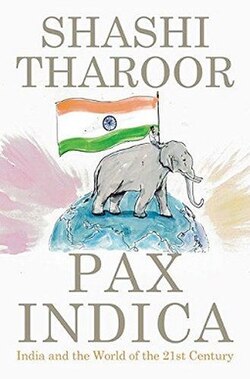
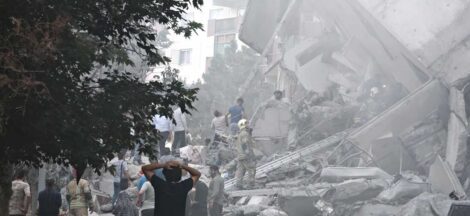
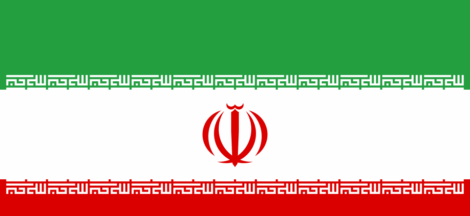
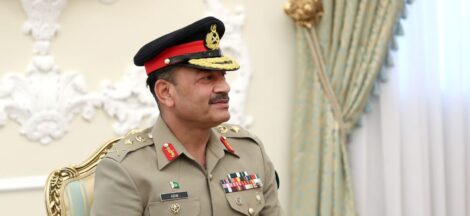
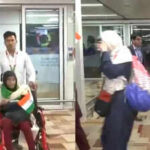 Iran Clears Skies for India’s Operation Sindhu Evacuation
Iran Clears Skies for India’s Operation Sindhu Evacuation 